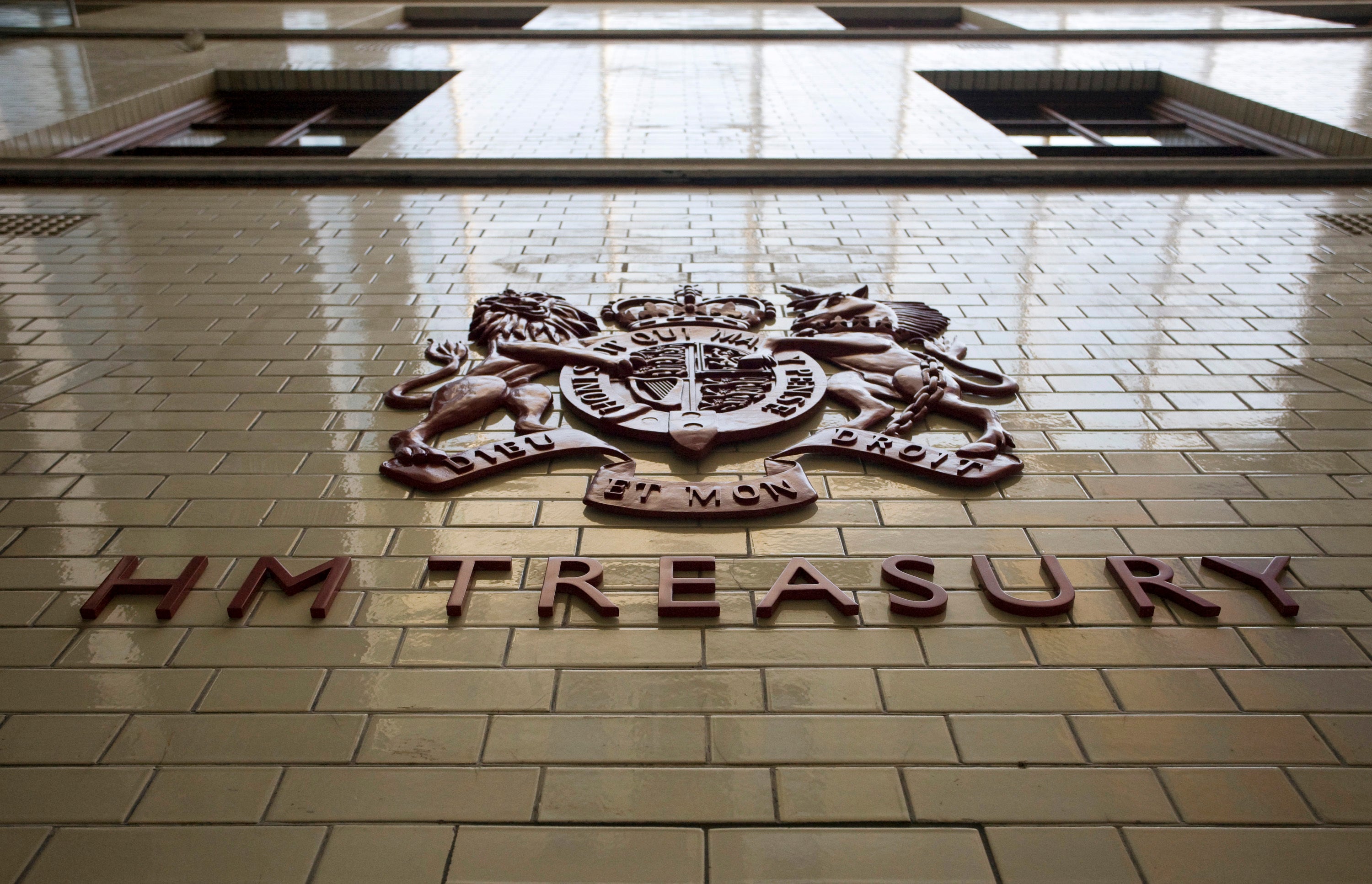Levelling up: The Treasury sat on its chequebook and it shows
The efforts to rebalance the UK will need more investment and detailed policy consideration to actually bear fruit, writes Anna Isaac


Whitehall squabbles have left the much-feted levelling up white paper long in word and short in deed, officials told The Independent.
The full document has yet to be revealed, but an overnight trail from the government suggests that it has changed little despite being twice delayed.
After two years of anticipation, the levelling up white paper – has failed to show the ambition many had hoped for. Its stated aims – the 12 missions – have been well-trailed, not least by The Independent, which reported on a leaked version of the document last year. Officials told the newspaper that it has had relatively few material changes in recent weeks.
There’s a simple problem at the heart of levelling up: there’s not enough money to scratch the surface of regional inequality, according to many economists and experts in local government.
In reading it, it is worth considering why the Treasury said no to throwing fresh cash at the plans.
Firstly, they took against the economic history lesson, an effort led by Andy Haldane, former Bank of England chief economist and adviser to Michael Gove’s levelling up department. It follows the levelling up fund has stayed stubbornly fixed at £4.8 billion. Not a significant some in macro-economic planning terms. A figure in the low billions, compares to the trillions that economists warned would be required to make this – a ten year long rolling project according to the government – bear fruit.
There’s also the problem of focusing on place versus people, a warning issued by economic think tank the Institute for Fiscal Studies (IFS) on Tuesday. People in the bottom 10 per cent for earnings get similar pay across the country. But they are more likely to struggle most in places with high living costs – like the southeast, not often the focus of the levelling up drive.
“It is really important to remember in all this that, while high paid jobs are unevenly spread, low paid jobs, and indeed poverty, are not,” explains Paul Johnson, director of the IFS.
Regional economic planning is no small (or new) football in Whitehall. But what some had hoped would be an informed fresh take on marrying governance with an industrial strategy turned out to be “a history lesson for a starter, thin soup for main, and self-congratulations for pudding”, one senior official said.
For now, the white paper shows that the old mantra returns to Whitehall, one official texts: “The industrial strategy is dead. Long live the (insert new buzzword here) industrial strategy.”
The reinvention of levelling up is already underway. The Treasury is quietly trying to work out a new productivity plan for the UK: How to ensure that British workers are producing more per hour worked in order to create the sort of goldilocks growth that is not inflationary.
There are some hopes that if the Treasury puts some proper money behind it and gets greater oversight of the project – many times the levelling up cheque – then this drive might prove more effective. But only if it can truly marry skills to jobs, as well as the UK’s twin trade and investment policies.
Join our commenting forum
Join thought-provoking conversations, follow other Independent readers and see their replies
Comments
Bookmark popover
Removed from bookmarks